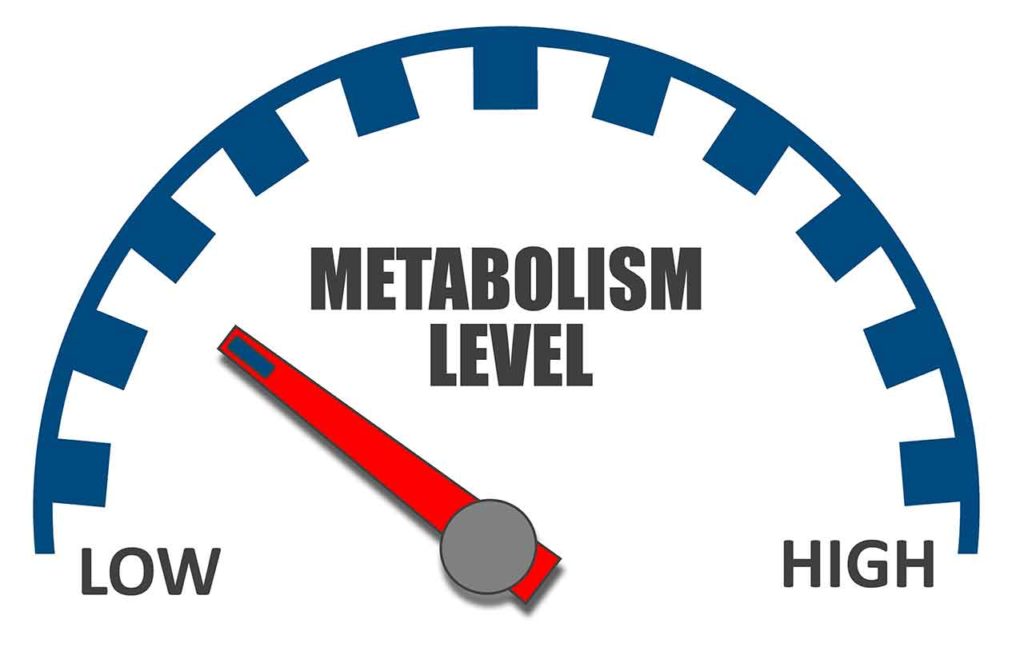Have you ever wondered why some people seem to effortlessly maintain their weight while others struggle despite their best efforts? The answer lies within one of the body’s most fascinating and vital processes: metabolism. Often referred to as the body’s internal engine, metabolism plays a pivotal role in shaping our health, energy levels, and overall well-being. In this blog, we’ll embark on a journey to uncover the remarkable importance of metabolism and how it influences every aspect of our lives.
Metabolism Demystified
At its core, metabolism refers to the complex biochemical processes that occur within our bodies to convert the food we consume into energy. This energy powers every bodily function, from breathing and circulating blood to digesting food and even sleeping. Metabolism encompasses two main components:
- Anabolism: This is the building phase of metabolism where cells create and assemble molecules necessary for growth, maintenance, and repair. It’s like the construction phase of a building project, where raw materials are gathered and put together to create something new.
- Catabolism: This is the breakdown phase of metabolism, where larger molecules are broken down into smaller components, releasing energy in the process. It’s akin to the demolition phase of a building project, where structures are dismantled to release materials and energy.
The Weighty Connection
One of the most well-known aspects of metabolism is its role in weight management. Metabolic rate refers to the speed at which your body burns calories for energy. A higher metabolic rate means your body burns more calories even when at rest, while a lower rate can lead to weight gain. This is why some individuals seemingly have a “fast metabolism” and can eat more without gaining weight, while others may struggle to lose weight due to a “slow metabolism.”
The Energy Equation
Metabolism is closely intertwined with the concept of the energy balance. This balance is achieved when the calories you consume through food and drink match the calories your body expends through physical activity and basic bodily functions. When you consume more calories than you burn, the excess is stored as fat, leading to weight gain. On the other hand, a calorie deficit results in weight loss.
Factors Shaping Your Metabolism
Your metabolism is influenced by a myriad of factors, both controllable and uncontrollable. Here are a few key players:
- Age: Metabolism naturally slows down with age, leading to a decrease in muscle mass and a potential increase in body fat.
- Gender: Men generally have a higher metabolic rate than women due to differences in muscle mass and hormonal composition.
- Body Composition: Muscle burns more calories at rest than fat does. Therefore, individuals with higher muscle mass tend to have a higher metabolic rate.
- Physical Activity: Regular exercise can boost your metabolism and help maintain muscle mass, keeping your energy expenditure higher.
- Hormones: Thyroid hormones, insulin, and other hormonal factors play significant roles in regulating metabolism.
- Genetics: Your genetic makeup can influence your metabolic rate and how your body processes and stores nutrients.
Stoking the Metabolic Fire
The good news is that you have the power to influence your metabolism.
Here’s how:
- Stay Active: Engaging in regular physical activity, including both cardiovascular exercises and strength training, can rev up your metabolic rate.
- Prioritize Protein: Including adequate protein in your diet can help preserve and build muscle mass, keeping your metabolism humming.
- Stay Hydrated: Even mild dehydration can slow down your metabolism. Keep sipping on water throughout the day.
- Get Enough Sleep: Lack of sleep can disrupt hormonal balance and lead to a sluggish metabolism.
- Eat Mindfully: Eating smaller, frequent meals can help keep your metabolism active throughout the day.
- Don’t Crash Diet: Drastic calorie restriction can actually slow down your metabolism in an attempt to conserve energy.
Metabolism is not just a buzzword; it’s the driving force behind every breath you take, every step you make, and every thought you have. Understanding and nurturing your metabolism is key to achieving and maintaining a healthy weight, a vibrant energy level, and overall wellness. By making mindful choices and leading a balanced lifestyle, you can unlock the full potential of your metabolic powerhouse and set yourself on a path to lifelong health and vitality.
Looking to learn more about how you can best boost your metabolism naturally? Give us a call today at +1 720-647-7640 or visit Metabolic Mastery Program | NuMed Direct Primary Care (numedprimarycare.com)
















